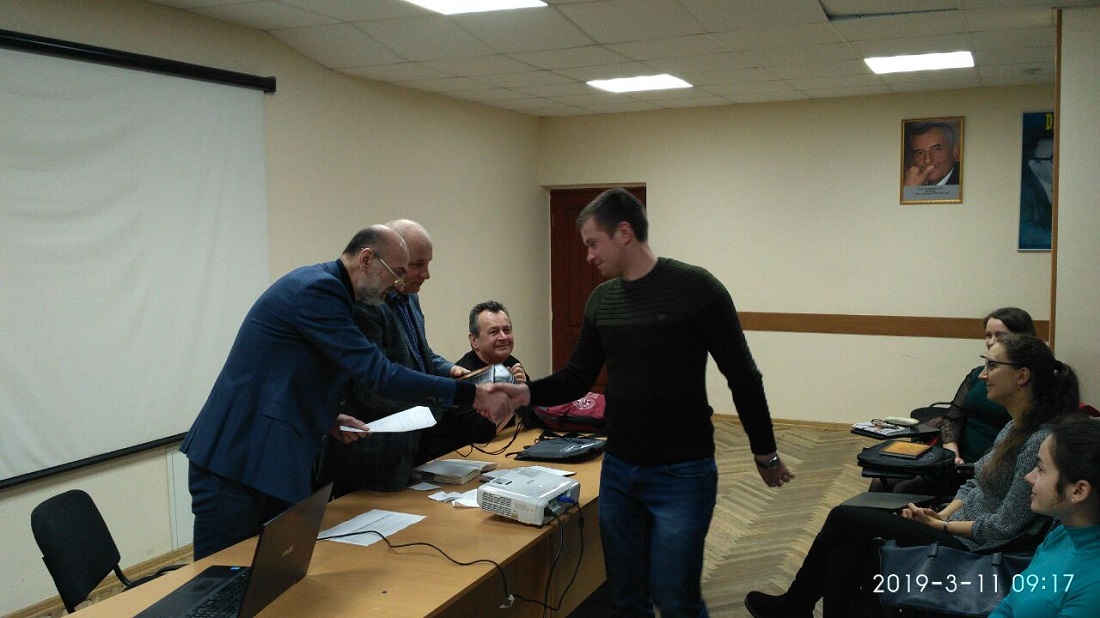Optimization of pedagogical work involves, among other measures, the control of the level of knowledge of listeners. To this end, the Department of Anesthesiology and Intensive Care uses uses different types of knowledge control.
Thus, among the residents of the second year of study (supervisor - associate professor Markov YuI) in March of this year a test was conducted on the following areas of anesthesiology and intensive care such as infusion therapy, perioperative pain, application of local anesthetics, intravenous anesthetics, respiratory support, diagnosis and emergency care in acute poisoning, general anesthesia and hypoxia correction (the latter were taken from the US anesthetic testing program).
The test results indicate a high level of residents' preparedness from the sections of anesthesiology and intensive care - respiratory support, infusion therapy, correction of perioperative pain (average response levels: 96.2%, 78.5% and 72.5% respectively).
The peculiarity of this control of knowledge was that no one of the residents knew in advance that such an event would be held at all and, accordingly, none of them was prepared in advance for such event. This teaches future anesthesiologists to the peculiarities of practical activity, which implies readiness for any sudden situations in the future.
According to the results of test control of knowledge, the winners recognized:
- Derkach Ya (74% of the correct answers);
- Kysla Yu (result 72%);
- Kislukha T. (70%);
- Zelenchuk O. (68%).
The test results were discussed with the participation of faculty and residents who took part in it. The winners were awarded with gifts - a special medical literature, a department of the department issued last year and bags with the logo of the department, and the winner who scored the highest percentage (Derkach Ya.) - also a special prize - a trip to the British Ukrainian Symposium.
Also, an analysis of the compilation of the licensed integrated exam KROK-3 from general medical training interned in 2018 was conducted. The residents, who demonstrated the highest level of preparedness, also received prizes that marked the best. Such is recognized:
- Polishchuk V (the result is 94%);
- Valchuk Yu (92.5%);
- Vlasenko R and Kozlovska M - 92%.
The conference was also attended by Associate Professor Mikhaylo Bondar and Maxym Pylypenko, who appreciated the positive results of the teaching and methodological work of the Department of Anesthesiology and Intensive Care and conducted a debriefing and analysis of the correct answers.





